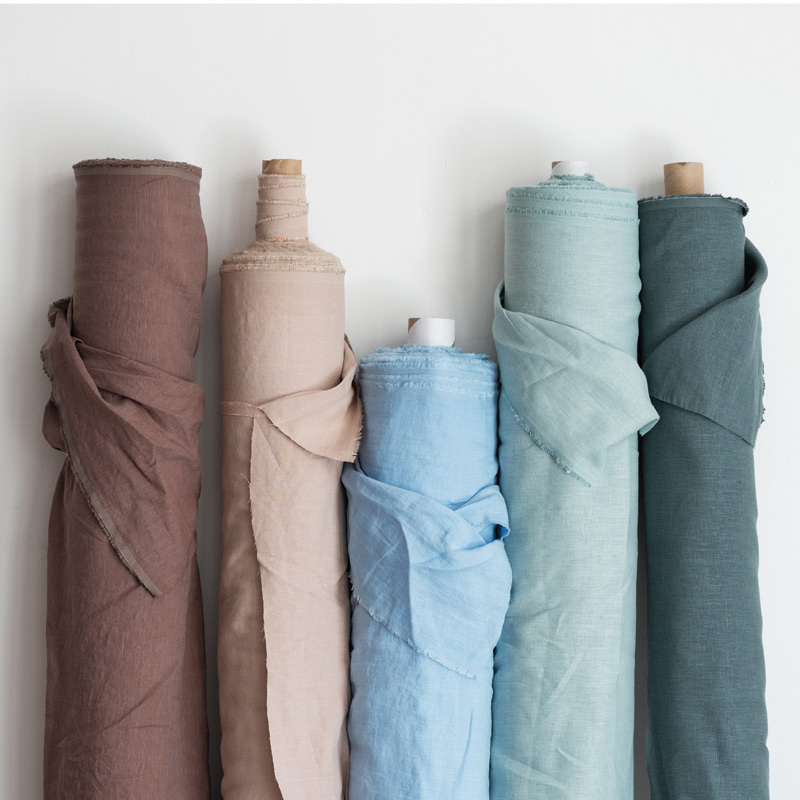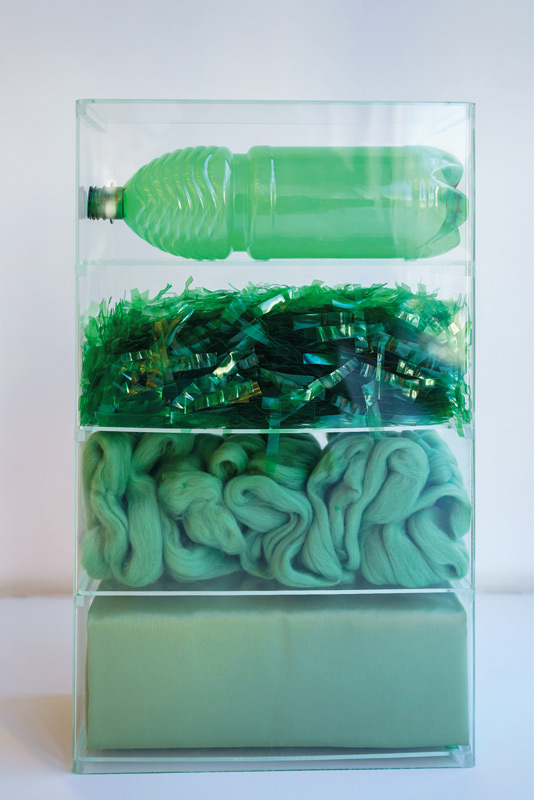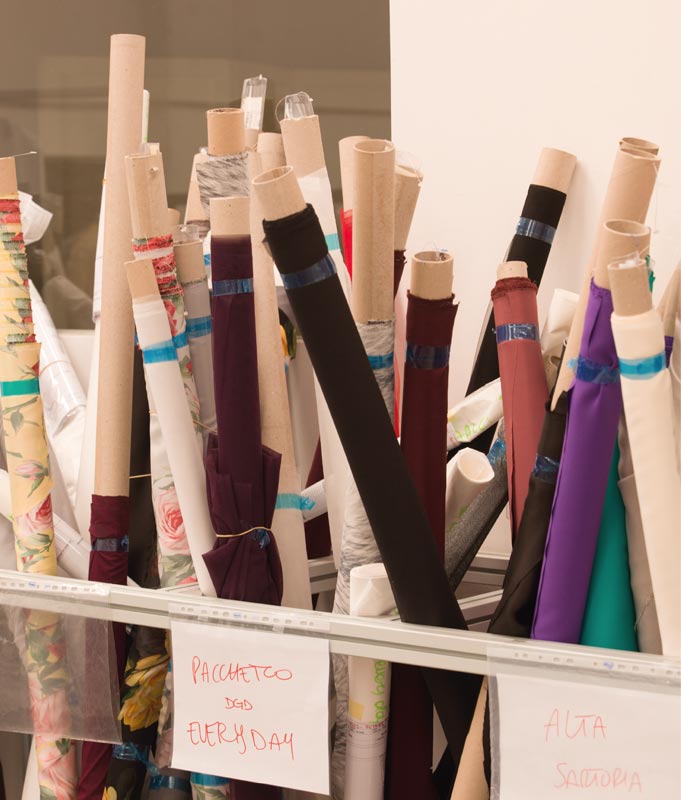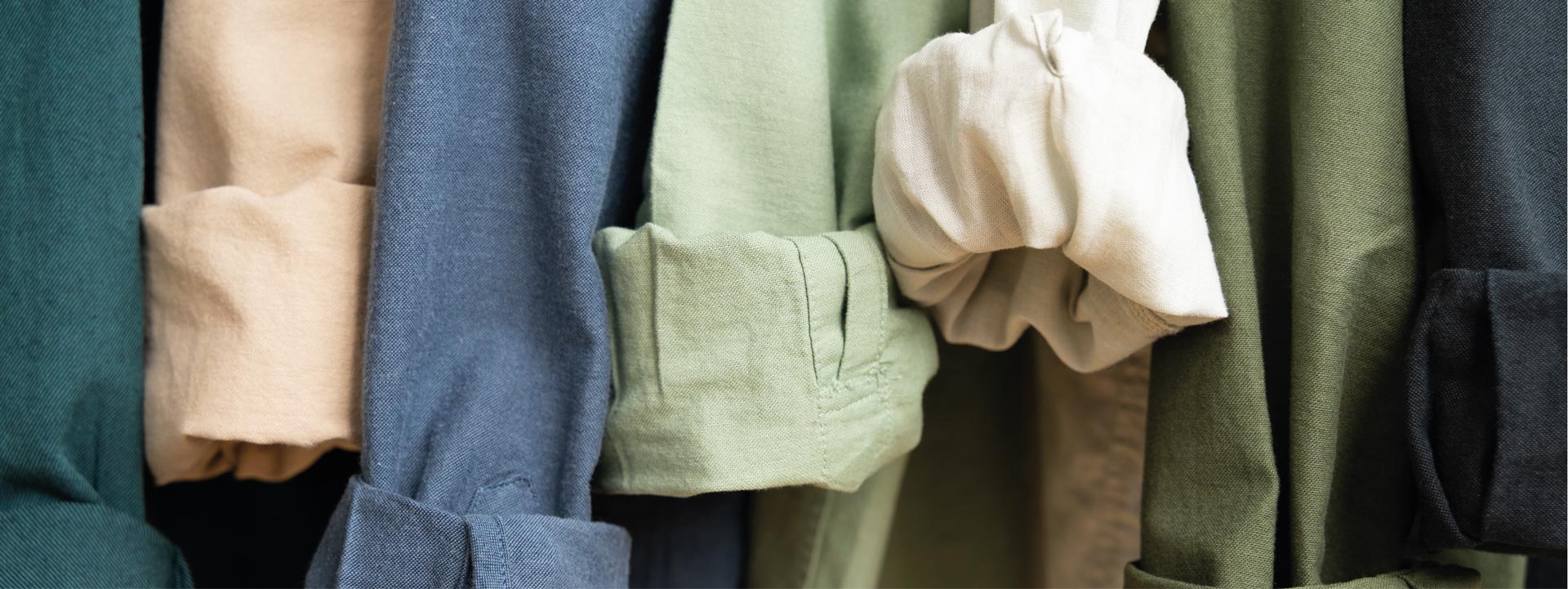



Circularity of fashion:
real indicator of sustainability or phenomenon of the moment?
What is circular fashion? New market philosophy or a responsible approach to the fashion industry? Eliminate waste and maximize the use of resources instead of following the traditional “disposable” model is what circular fashion promotes in the creation, use and responsible recycling of clothing.
In this course, you will become aware of how circular fashion can help reduce environmental impact encourage sustainability, and stimulate innovation in the supply chain.


Modena
Italian
Certificate of attendance
10 hours of attendance – 5 meetings of 2 hours each
1 day per week, Monday 6pm – 8pm
Remote only (min. 5 participants)
Learning about Circular Fashion: what is it and why is it at the center of industry debates?
Strategies and commitments of the supply chain: from companies to consumers


STARTING DATE: 20th November 2024
Cost:
- Full price: € 50,00
the target
The course is aimed at those who work in the textile and fashion industry, as an employee or freelancer, and want to acquire awareness of the tools necessary to start the conversion path towards a productive approach in line with European standards of sustainability.
It is also an excellent deepening for fashion students who want to be prepared for the next evolution of the system.
educational goals
Knowledge of the main green certifications currently required on raw materials in the textile market.
Knowledge of the global environmental situation in relation to textile companies and possible future market scenarios.

program
• Circular fashion: what does it mean and why is it talked about so much in the world? Let’s start with some data.
• Recycling and regeneration in the textile world.
• Close observation of the role of the consumer and their progressive awareness of the importance of green-fashion. Real data and examples.
• What strategies, commitments and services do today’s consumers hope to see more of in the future from fashion brands and retailers?
• What does it mean for a company to relate to the new aspects of circular fashion?
• Analysis of the main sustainability certificates that currently distinguish raw materials that can be purchased in textiles.
• What is meant by Sustainability? Why has it become so important in recent years?
• SDGs and 2030 Agenda.
• CSRD and reporting requirements.
• Reporting principles and Sustainability Reporting.
• Corporate certifications: how relevant are they today?

the teacher
Carolina Scalise
Graduated in Culture and Technique of Costume and Fashion. High school graduated in Knitwear‘s expert sample in the institution “Carpi Formazione” and in Industrial dress designer in the institute “Carlo Secoli”. During the past 15 years she has managed to supervise the entire development sample’s processes as expert coordinator in both fabric and sample’s field.
She worked for single-brand and for third-party industries, which gave her the skills to evaluate every aspect of the product, from different points of view.
Since the beginning she has co-worked with all figures of the knitted product: sample’s specialist, fashion designer, model maker, manufacturer, and programmers.
She has organisational and communication skills, relevant to: the managing of different customers; the personalisation of products according to different requests and the communication with providers and students.
She likes her job as a teacher and giving her knowledge in a unique and technical field such as fashion. This forementioned world is constantly changing, but in its evolution, it always needs specialist figures who know the product to help people tell their story through dresses.


